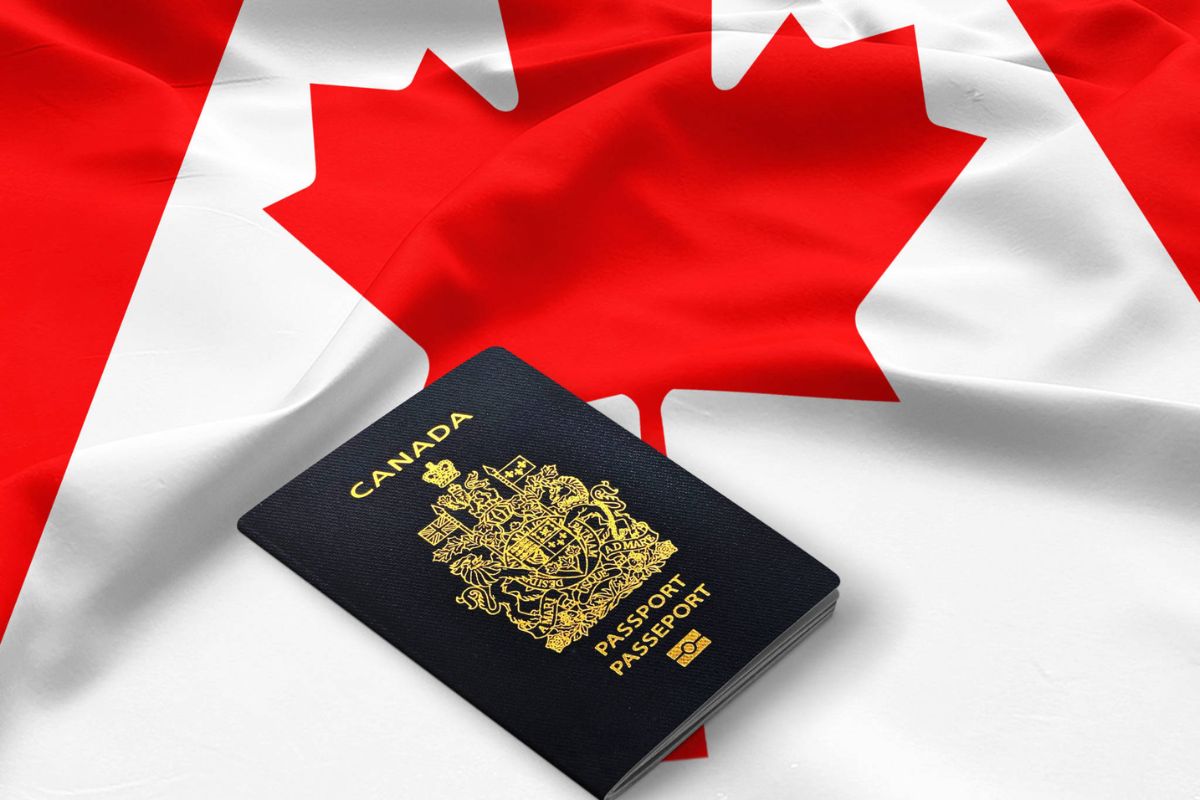On April 5th, 2023, Immigration, Refugees and Citizenship Canada (IRCC) updated its dual intent programme instructions.
The new instructions for IRCC staff aim to acknowledge and legitimize the concept of dual intent for foreign nationals applying for temporary residence in Canada with the intention of also applying for permanent residency.
Understanding Dual Intent
Dual intent refers to a situation where a foreign national applies or plans to apply for permanent residency in Canada. Still, it simultaneously applies to temporary residence in the country as a visitor, student, or worker.
Until the recent update to its program instructions, the IRCC did not formally recognize the concept of dual intent, leading to confusion and difficulty for temporary residents seeking to apply for permanent residency in the country.
Also Read: Express Entry: Canada Lowers CRS Score to 481, Inviting 7,000 Candidates in Latest Draw
The Legitimacy of Dual Intent
Dual intent is legitimate and complementary, not contradictory, according to the new IRCC programme instructions. They also emphasise the use of the Immigration and Refugee Protection Act (IRPA) subsection 22(2) in the decision-making process.
According to this subsection, an individual’s intention to become a permanent resident does not preclude them from becoming a temporary resident as long as they intend to leave Canada at the end of their authorised stay.
Temporary Resident to Permanent Resident Programs
The new instructions also include a section on the temporary resident to permanent resident programs, which reminds IRCC officers that Canada actively promotes these programmes to foreign nationals.
Canadian work experience is essential for successful settlement, and pathways to permanent residency that rely on attracting temporary residents with essential skills or experience, such as the Caregiver Pilot, the Canadian Experience Class, and the Agri-Food Pilot, have been relied on.
Also Read: Canada: IRCC Launches Public Survey to Improve Immigration System
Assessing Dual Intent Applications
Before approving temporary residence applications, IRCC officers must ensure that applicants have a genuine intention to leave Canada at the end of their authorised stay.
In determining this, the officer may consider several factors, including the applicant’s length of stay, means of support, obligations and ties to their home country, and previous compliance with IRPA requirements.
Applications with dual intent should be evaluated in the same way as any other temporary residence application.
Fair and Impartial Decision Making
The new guidelines also emphasise the importance of making fair and impartial decisions, emphasising that officers must avoid the possibility or perception of bias.
Bias can be demonstrated by assuming that an applicant with an open or prospective permanent residency application will automatically want to stay in Canada beyond their authorised stay.
Follow and connect with us on Facebook, Twitter, LinkedIn, Instagram and Google News for the latest travel news and updates!





